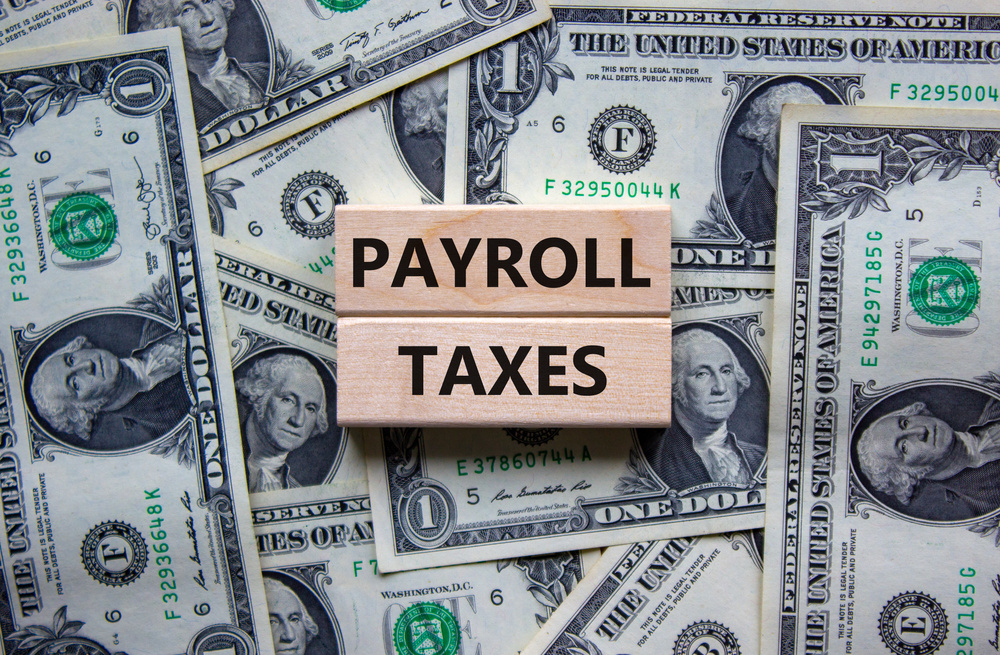Importance of Filing Quarterly Payroll Tax Returns
Businesses with one or more employees are required to withhold and pay withholding. Depending on the filing status of the employer, the returns are...

Payroll tax deposits are a fundamental obligation for employers, being not only a key aspect of financial stewardship but also the backbone of compliance with government regulations. These deposits encompass the taxes withheld from employees’ wages, such as federal income tax, Social Security, and Medicare, as well as the employer’s own share of payroll taxes. Paying these taxes accurately and on time is critical for every business, regardless of size or industry. Failure to do so can result in severe penalties, damage to reputation, and even legal consequences. This document explores the intricacies of payroll tax deposits, the procedures for making timely payments, and the overarching importance of adhering to deadlines.
Payroll taxes are made up of several components, primarily:
Employers are responsible for withholding the proper amount from each employee’s paycheck, matching certain portions as required by law, and remitting these amounts to the relevant tax authorities according to a prescribed schedule.
The IRS and state agencies have established specific deposit schedules based on the size of an employer’s payroll and the total tax liability. The two primary federal deposit schedules are:
There are also next-day deposit rules for employers who accrue a tax liability of $100,000 or more on any day during a deposit period, requiring the deposit to be made by the next banking day.
Federal tax deposits must be made electronically using the Electronic Federal Tax Payment System (EFTPS). State and local governments have their own electronic filing systems or requirements. Employers must ensure not only that the correct amounts are withheld and matched, but also that deposits are timely and accurately allocated to the proper tax periods.
Timely payment of payroll taxes is vital for several reasons:
The repercussions for not paying payroll taxes on time can be severe:
To stay in good standing and avoid unnecessary risks, employers should consider the following best practices:
Payroll tax deposits are a non-negotiable responsibility for employers, critical to legal compliance, employee trust, and business stability. The risks of late payments, ranging from hefty fines to criminal prosecution, far outweigh the effort needed to pay on time. By understanding deposit schedules, using reliable payroll systems, and keeping diligent records, employers can ensure they meet their obligations and contribute to the broader financial health of society.
Let Baldwin CPAs manage the responsibilities and complexities of payroll processing and payroll taxes, allowing you to focus on other aspects of your business. Our well-versed Elevate Payroll Team is ready to serve you. Give us a call or email, and we will discuss our services with you.
This article was written by Debbie Woodcock. Debbie is a Senior Payroll Specialist with Baldwin CPAs. For more information on the support Baldwin CPAs can provide you, contact debbie.woodcock@baldwincpas.com.


Businesses with one or more employees are required to withhold and pay withholding. Depending on the filing status of the employer, the returns are...

Businesses with one or more employees are required to withhold and remit taxes. Depending on the filing status of the employer, the returns are...

At Baldwin CPAs, we aim to provide clients with timely and efficient access to payroll. Offering a portal with remote time entry and payroll reports...